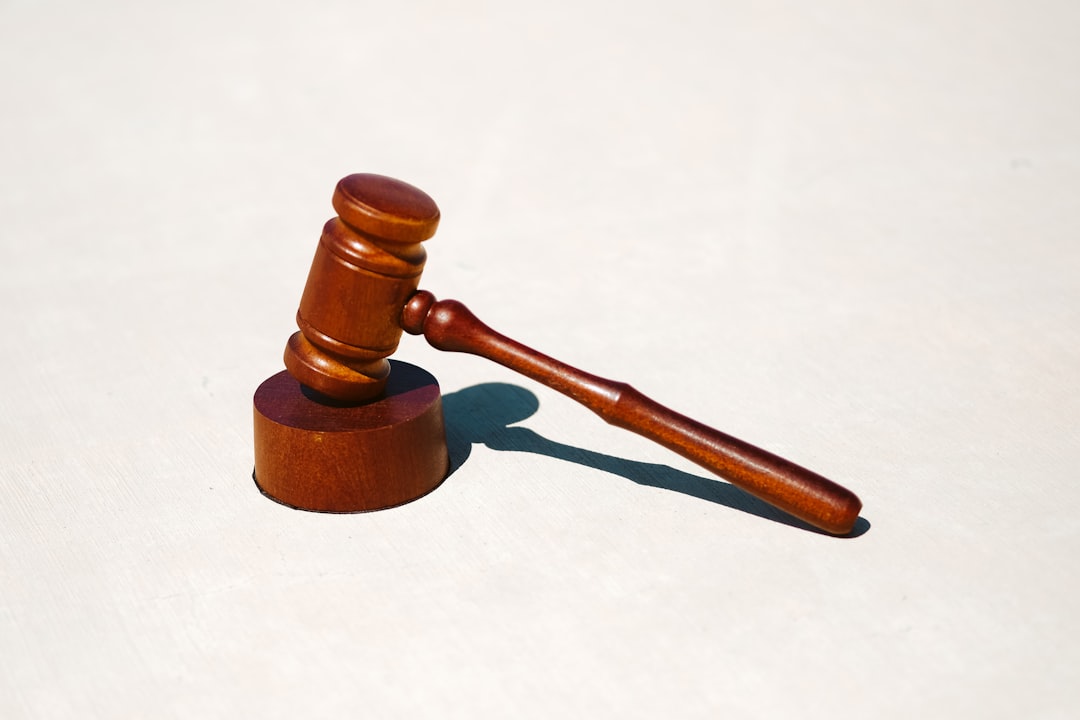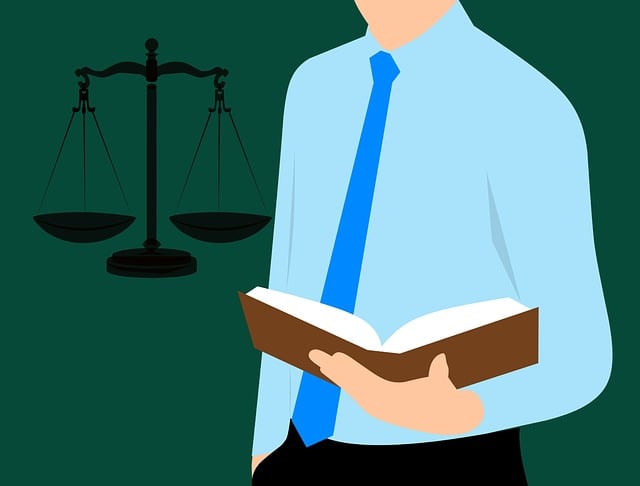In Newark, NJ, understanding the legal definition of rape is crucial for victims seeking justice or facing charges. Rape is defined as any sexual act without consent, including forcible sodomy and assault, with severe legal implications as a first-degree crime. A reputable rape lawyer Newark NJ can guide clients through evidence collection, legal defenses, and navigating the court system to protect rights and ensure justice. Consent and non-consent are key, with clear communication about boundaries vital. Both victims and accused have protected rights, including fair trial, presumption of innocence, and legal representation from a skilled rape lawyer Newark NJ.
In Newark, NJ, understanding the legal definition of rape is paramount for both victims seeking justice and accused individuals protecting their rights. This comprehensive guide delves into the intricate details surrounding one of the most serious crimes, exploring the criminal code and its implications. We dissect what constitutes consent and non-consent, and highlight the essential rights afforded to all involved. For those in need of legal counsel, a rape lawyer in Newark NJ is crucial for navigating this complex landscape.
Understanding the Legal Definition of Rape
In Newark, NJ, understanding the legal definition of rape is paramount for anyone seeking justice or advice from a rape lawyer Newark NJ. Rape is broadly defined as a sexual act committed without the consent of one party, typically involving penetration. The law recognizes different forms of rape, including forcible sodomy and sexual assault. Consent is crucial; absence of a clear, voluntary agreement can lead to criminal charges.
A rape lawyer Newark NJ can help navigate the complexities of this definition, ensuring that rights are protected and justice is served. They can provide guidance on evidence collection, legal defenses, and navigating the court system. Understanding the nuances of the law is essential for victims seeking resolution and accountability.
The Criminal Code and Rape Charges in New Jersey
In New Jersey, the Criminal Code provides a clear definition of rape and related sexual offenses. According to N.J.S.A. 2C:14-1, rape is considered a first-degree crime, indicating its severity and potential for long-term impact on victims. The code outlines that rape occurs when someone engages in sexual penetration with another person without their consent or if the victim is unable to give legal consent due to being under 16 years old or mentally incapacitated.
If you’re facing rape charges in Newark, NJ, it’s crucial to consult a reputable rape lawyer who understands the intricacies of New Jersey’s Criminal Code. A skilled attorney can help navigate the complexities of these cases, ensuring that your rights are protected and providing a strong defense strategy tailored to the unique circumstances of your situation.
What Constitutes Consent and Non-Consent
In the context of a rape case, understanding consent and non-consent is paramount. Consent refers to an agreement or willingness between all parties involved in sexual activity. It must be voluntary, enthusiastic, and ongoing. A clear ‘yes’ indicating a free choice to engage in sexual acts is essential for consent. Any form of pressure, coercion, or manipulation can render consent invalid. On the other hand, non-consent signifies the absence or lack of agreement. This can occur when one party does not give permission or expresses discomfort and the other continues despite this. A rape lawyer in Newark, NJ, would emphasize that any sexual act without clear and voluntary consent can be considered rape, which is a serious criminal offense.
The legal definition of rape varies slightly from state to state, but generally, it involves forcible penetration, including vaginal or anal intercourse, without the victim’s consent. It’s crucial for both parties to communicate openly about boundaries and expectations to ensure mutual consent. Any sexual encounter lacking this voluntary agreement can have severe legal implications.
Rights of Victims and Accused Individuals in Rape Cases
In rape cases, both victims and accused individuals have specific rights that must be respected and protected under the law. If you’re a victim, it’s crucial to know that you have the right to remain silent and to have an attorney present during any questioning. You also have the right to physical and emotional privacy, as well as access to medical care and support services. Additionally, victims are entitled to be treated with dignity and respect throughout the legal process.
On the other hand, accused individuals also possess certain rights. They include the right to a fair and impartial trial, the presumption of innocence until proven guilty, and the ability to confront and cross-examine witnesses against them. Accused persons have the option to hire a rape lawyer in Newark, NJ for legal representation and guidance throughout the case. Having an experienced attorney can ensure that your rights are protected and help navigate the complexities of the legal system.






